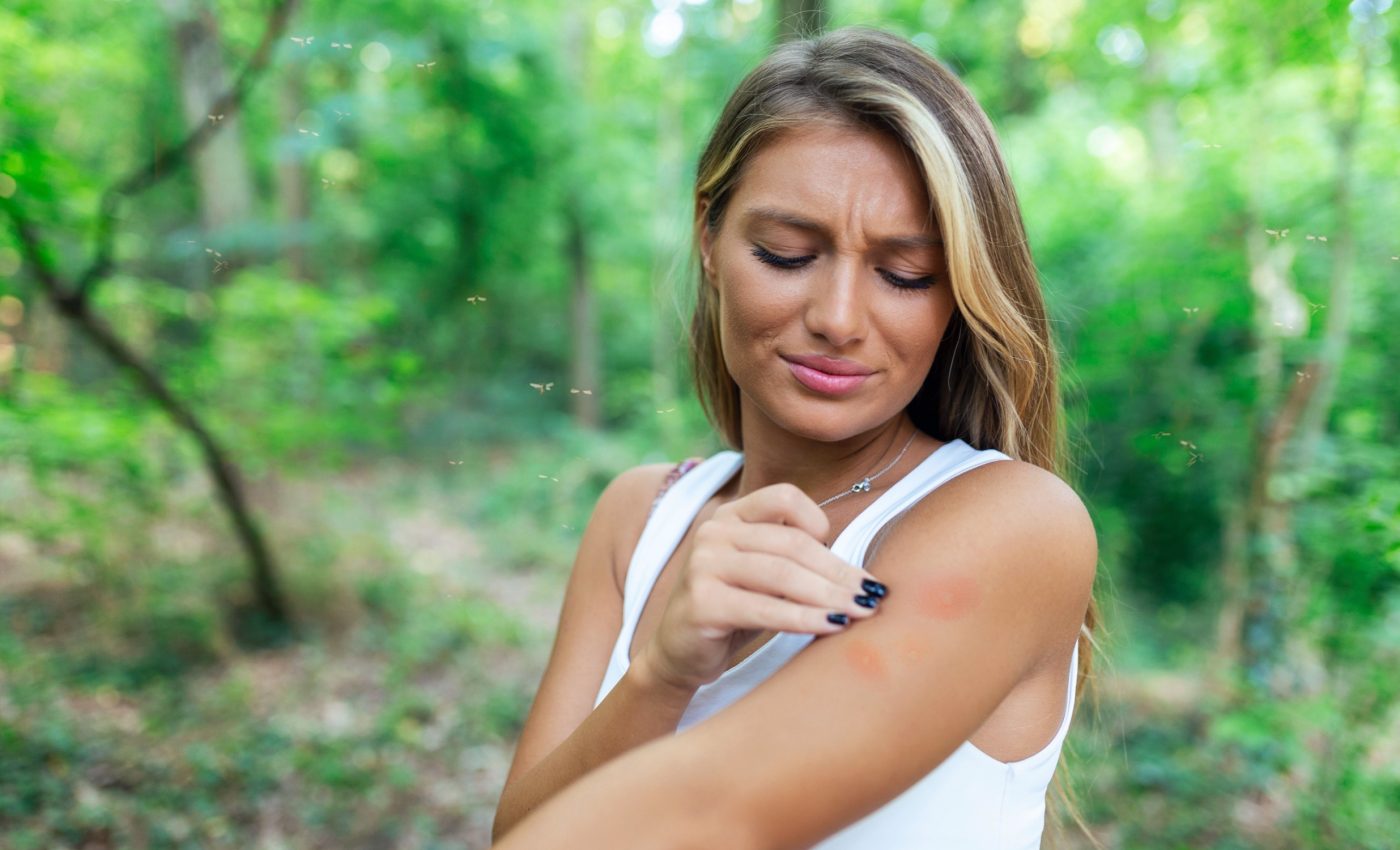
Why some people are 'mosquito magnets'
When the sun sets and you’re out enjoying the calm of twilight, do you often find yourself stuck in an unwanted chase with mosquitoes? Do they seem to always be attracted to you over others?
Well, you are not imagining things. You might just be the ideal dinner plate for these pesky insects. Texas A&M University‘s Ashley Vargo puts this intriguing phenomenon under the microscope.
Dr. Sonja Swiger, a scientist at Texas A&M AgriLife Extension Service and professor in the Texas A&M College of Agriculture, confirms that mosquitoes do pick their targets. But what makes you more enticing than others? Let’s delve deeper into the science behind this selective “bugging.”
Tiny cues that matter
Contrary to popular belief, mosquitoes don’t select their prey at random. They are very precise, using sensory cues such as exhaled carbon dioxide, body heat, and even body odor.
Swiger, who identifies as a “mosquito magnet” herself, is in agreement with this. She highlights that alterations to these factors can shift the balance of attraction.
Blood type: Factor for attracting mosquitoes
You know how we have our favorite eateries? Turns out, mosquitoes might have their preferred blood groups. The research suggests a certain affinity in mosquitoes towards type O blood.
However, the difference is primarily significant only between type O and type A. But before you breathe a sigh of relief (or worry if you are type O), Swiger warns us to consider the limitations of such studies.
Food and alcohol: Scent of attraction
Sometimes, what we consume also determines whether we become mosquito magnets. Swiger sheds light on how being tipsy may enhance our attractiveness.
“There is some research to support that changing your diet will make you give off different scents,” Swiger said. “So, it may be possible to change your attractiveness to mosquitoes based on what you’re eating.”
Intoxicated individuals produce more CO2 and sweat, both of which are bug attractors. As for diet, garlic and vitamin B are often touted as mosquito deterrents. On the other hand, high-potassium foods like bananas seem to attract the little monsters.
Why is that? Swiger explains that the consumption of these foods leads to an increase in lactic acid production in the body, an olfactory beacon for mosquitoes. This also impacts our skin microbiota, which in turn affects the scents we give off.
Pregnancy: A mosquito magnet?
Evidence suggests that pregnant women might be more appealing to mosquitoes, primarily due to their increased carbon dioxide output.
Swiger explains that women in advanced stages of pregnancy exhale about 21% greater volume than non-pregnant women. Coupled with other physiological changes, such as increased body heat, this makes pregnant women prime targets for a mosquito’s meal.
According to Swiger, mosquitoes can develop regional tastes, an interesting evolutionary adaptation. Urban mosquitoes that bite humans often don’t venture far and seem to adapt to the local scents, preferring them over other aromas.
Genetics in attracting mosquitoes
An intriguing dimension to the factors influencing mosquito attraction lies in our genetic makeup. Research indicates that genetic variations can influence the scent profile emitted by individuals.
Swiger notes that specific genetic markers can affect the skin’s production of certain chemicals that mosquitoes find captivating. This genetic predisposition can help explain why some people seem to attract more mosquitoes than others.
Understanding the interplay between genetics and attraction not only sheds light on personal experiences with these insects but also opens avenues for potential interventions to manage mosquito bites effectively.
Time of day to attract mosquitoes
The timing of our outdoor activities can also play a significant role in our likelihood of being bitten. Mosquitoes are most active during specific periods, primarily dawn and dusk.
Swiger explains that these times create optimal conditions for mosquitoes to feed, as the cooler temperatures and increased humidity often correlate with their peak feeding times.
Consequently, understanding the daily habits of mosquitoes can empower individuals to better plan their outdoor activities, thereby minimizing unwanted encounters with these unwelcome pests.
Genetically attractive?
Finally, Swiger points out the one thing we can’t control: our genes. She suggests that some genetic traits may make people more attractive to mosquitoes, but these remain unclear.
So, the next time you seem to be the only one under mosquito attack, remember, there’s some intriguing science behind it. While your genetic makeup might make you irresistibly delicious to mosquitoes, staying covered and using a repellent might help you tip the scales in your favor.
After all, who says we can’t outsmart these bloodsuckers?
The study is published in the Journal of Medical Entomology.
—–
Like what you read? Subscribe to our newsletter for engaging articles, exclusive content, and the latest updates.
Check us out on EarthSnap, a free app brought to you by Eric Ralls and Earth.com.
—–













